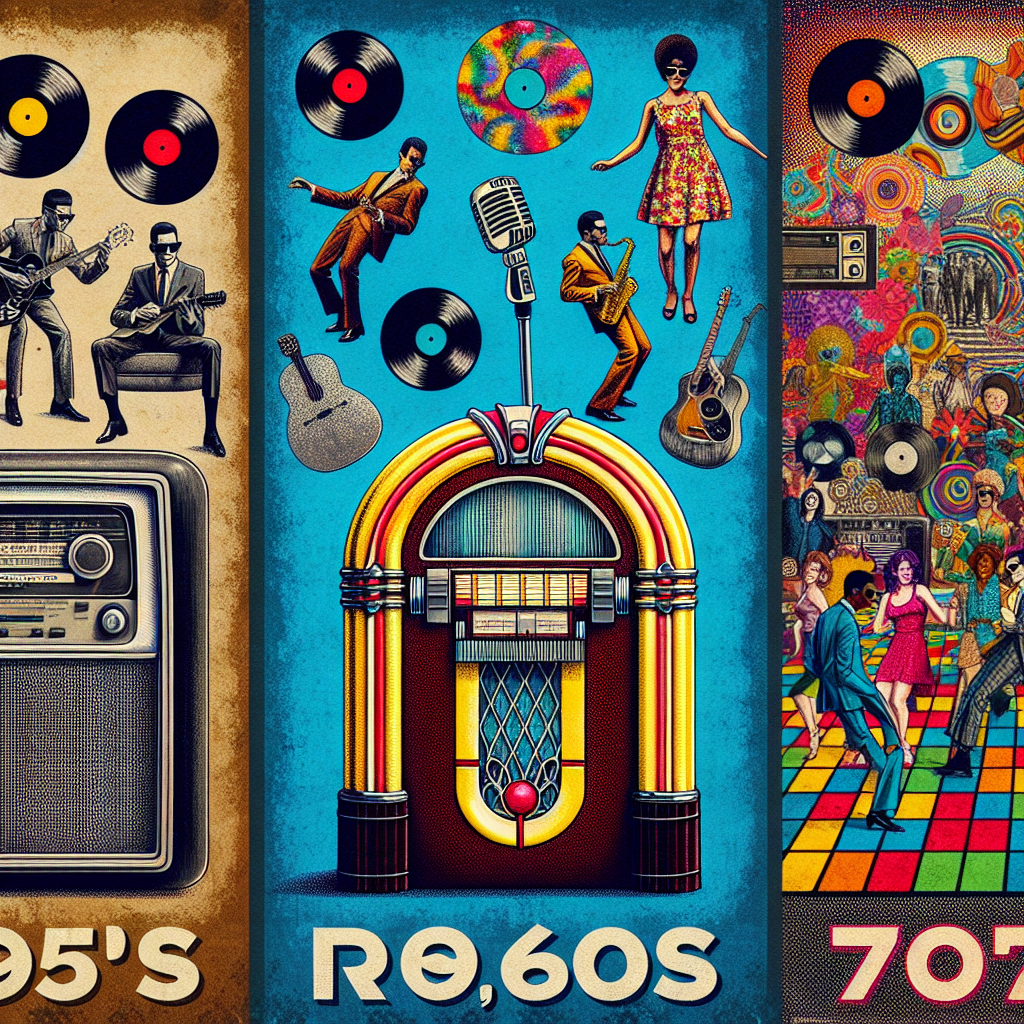In the ever-changing landscape of society, music has always been a powerful tool for reflecting the social and political climate of its time. From the rebellious tunes of the 1960s to the electronic beats of today, music has served as a soundtrack to generations, capturing the essence of their culture, fashion, and technology.
Throughout history, musicians have used their platform to address important social issues and challenge political norms. From Bob Dylan’s protest songs in the 1960s to Kendrick Lamar’s commentary on race relations in America today, music has been a catalyst for change and a voice for the marginalized.
But it’s not just the lyrics that reflect the times – the sound itself is often influenced by current events and cultural shifts. The rise of punk rock in the 1970s was a response to political disillusionment and economic hardship, while the emergence of hip-hop in the 1980s gave voice to urban youth struggling with poverty and violence.
Politicians have also tried to co-opt music for their own purposes, using popular songs at rallies and events to appeal to younger voters. However, musicians have often pushed back against this appropriation, speaking out against politicians whose policies they disagree with.
Music has also played a significant role in shaping fashion trends throughout history. From Elvis Presley’s iconic pompadour hairstyle to Madonna’s provocative outfits, musicians have always been trendsetters when it comes to style. The punk movement of the 1970s popularized ripped jeans and leather jackets, while grunge bands like Nirvana brought flannel shirts and Doc Martens into mainstream fashion.
Technology has also had a profound impact on music throughout history. The invention of the electric guitar revolutionized rock ‘n’ roll in the 1950s, while advancements in recording technology allowed artists to experiment with new sounds and genres in the studio. Today, digital streaming services have changed how we consume music, making it easier than ever for artists to reach a global audience.
Despite all of these changes, one thing remains constant – music continues to be a powerful force for expressing emotions and connecting people across cultures. Whether it’s through a catchy pop song or an emotional ballad, music has the ability to transcend language barriers and bring people together in ways that few other art forms can.
So next time you turn on your favorite song or attend a concert, take a moment to appreciate how music reflects our society’s values and challenges. Let it inspire you to think critically about the world around you and consider how you can make a positive impact through your own actions.


Get involved!
Comments